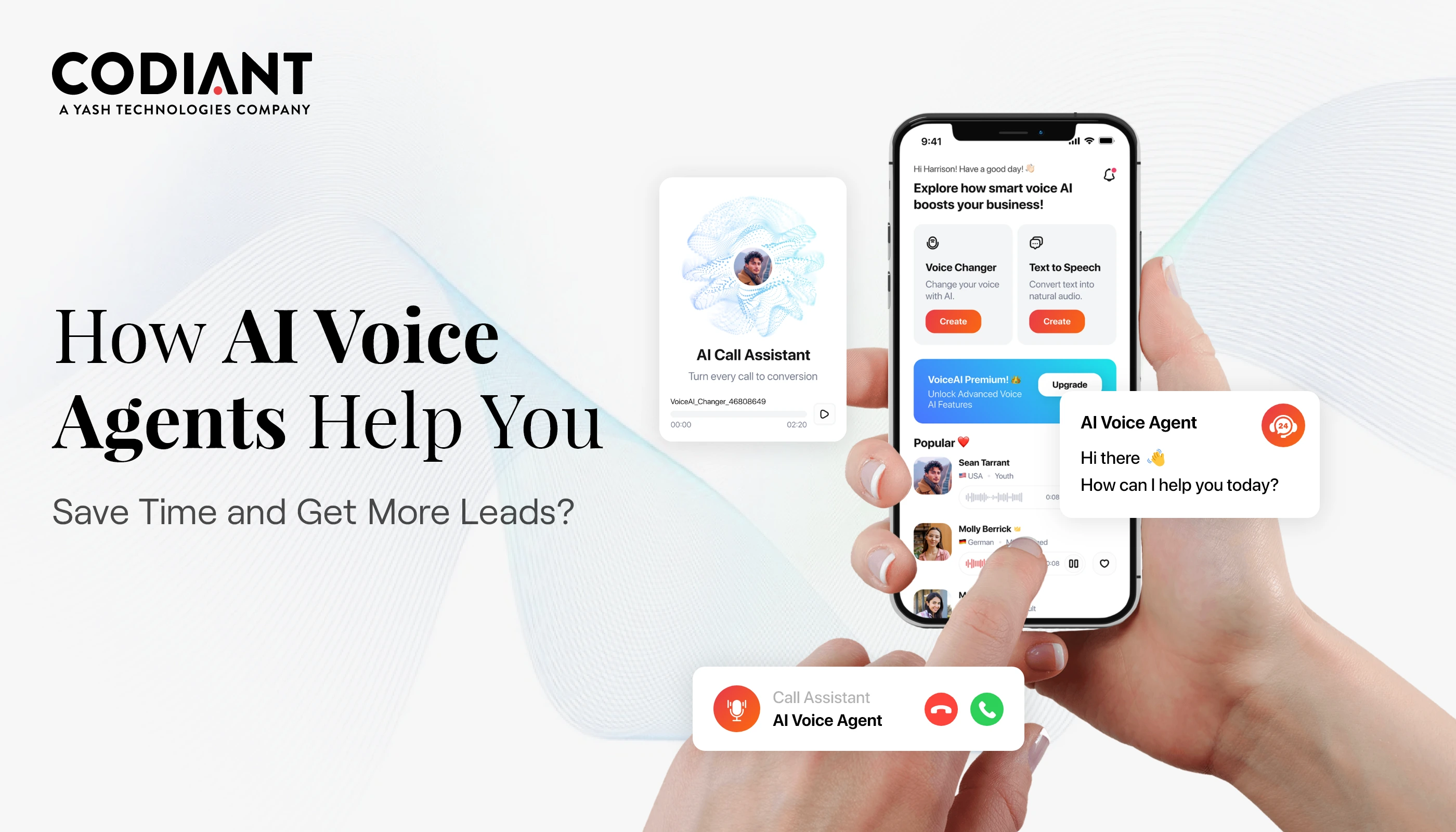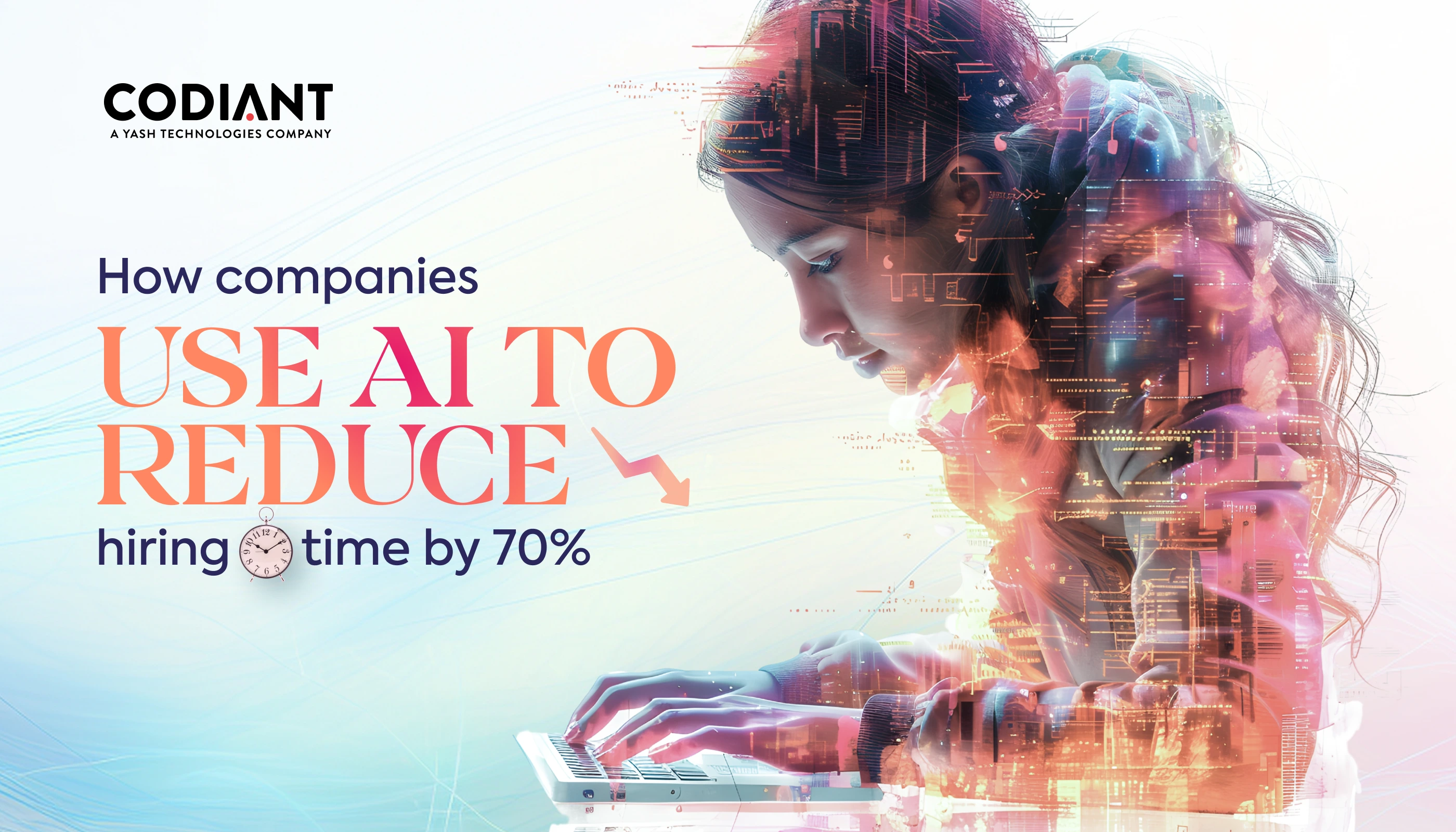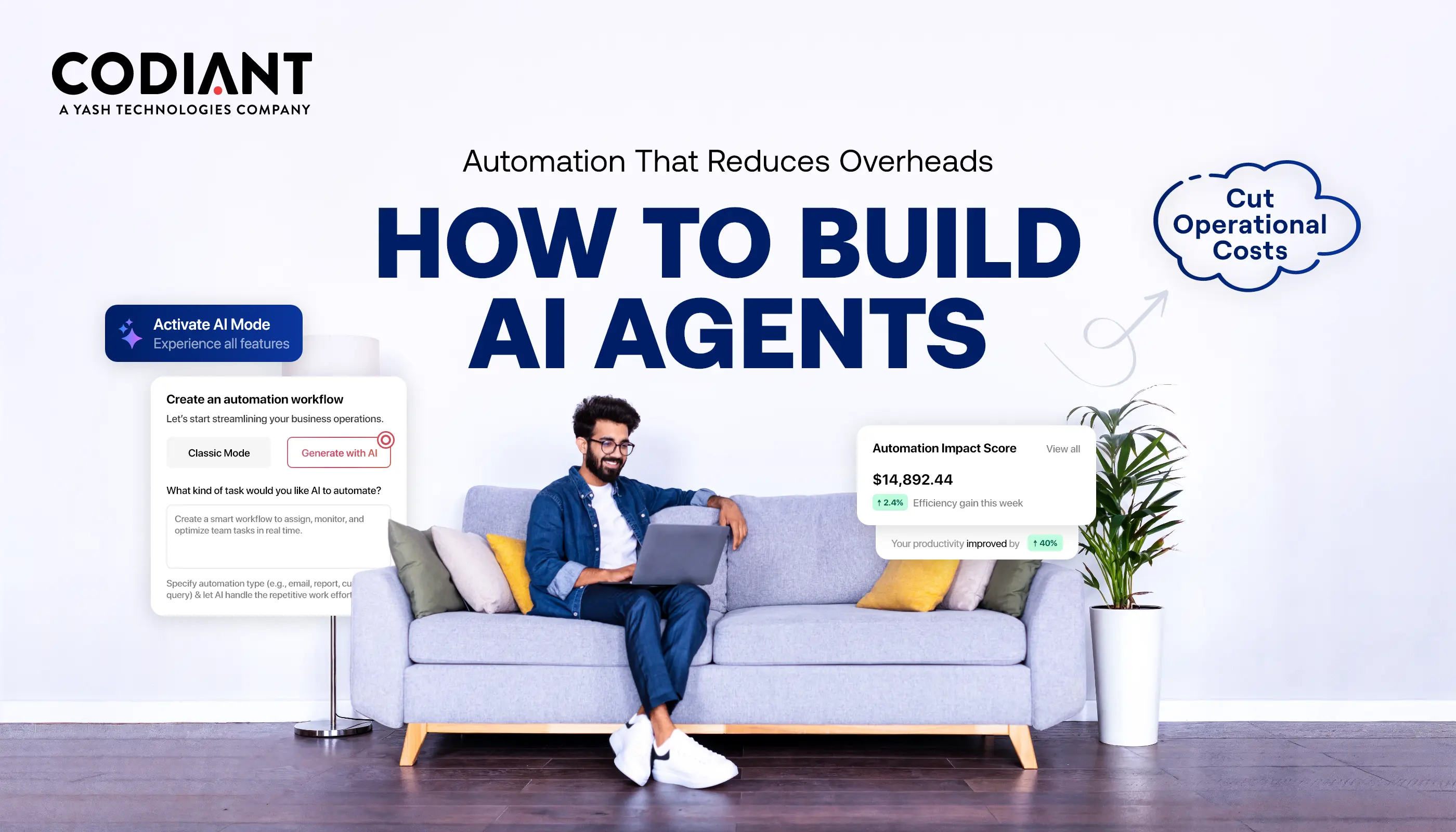How Artificial Intelligence Is Transforming Healthcare Industry?
Table of Contents
Subscribe To Our Newsletter

By any measure, Artificial Intelligence has become a part and parcel of our daily lives and almost every industry is swept with its ability to work and react like humans. Healthcare is no different! Healthcare mobile app development has uphill the care-providing facilities with the recent advancements in machine learning.
The potential effects of AI in the clinical elements of healthcare are limitless. The way the patient-doctor interacted has changed to a whole new level. Today, doctors are anticipated to take a more holistic approach by providing care that aligns with patients’ wishes and shared decision-making.
According to a 2016 report from CB Insights, about 86% of healthcare provider organizations, life science companies, and technology vendors to healthcare are using artificial intelligence technology. By 2020, these organizations will spend an average of $54 million on artificial intelligence projects.
Data-driven technology AI and Machine Learning have broad applicability in the healthcare industry and their implications to help the sector in developing virtual assistants are many. Here are 5 disruptive cases that will certainly change the way we look at healthcare within the next 5 years and will be more likely by the end of the decade.
Managing Medical Data
The preliminary stage of healthcare is data compiling and analyzing information like medical records, and tracing patients’ history. AI helps in collecting, storing, formatting, and tracing data so that it could later help in providing faster and on-time access.
Digital Nursing Assistants
Digital nursing assistants ease communication between patients and care providers. The virtual assistants respond to patients’ queries, monitor patients (based on past medical history), and provide them with quick responses.
Drug Discovery and Development
AI and ML are making the pharmacy industry quicker, cheaper, and more effective. It has great potential to slice down the costs of new drugs R&D spend, which for the 10 biggest pharmacy firms is close to $70 billion annually. Check how.
Precision Medicine
Precision Medicine allows to analysis system biology of an individual patient at the molecular level (by taking into account its genes, lifestyle, and environment) and then utilizing targeted treatments to address the patient’s disease. This requires significant computing powers like deep learning algorithms that can learn themselves at an unprecedented rate. Precision Medicine leverages AI to make this personalized patient care a reality.
Health Monitoring
Wearable health trackers are monitoring medical conditions and potentially saving lives. Wearable health trackers like Fitbit, Apple etc. monitor heart rates, blood sugar level,s and activity levels and can send alerts to the user and share the reports with the doctor.
Related Blog: Developing Healthcare and Fitness Apps Using HealthKit and Google Fit
Medical Imaging
AI is improving accuracy in medical imaging diagnosis and also making it convenient to personalize treatment planning and transmit results which result in better profitability and enhanced productivity.
Image Analysis
Till now, image analysis has been a very time-consuming process for suppliers. A recently developed Machine learning algorithm has made it around 1000 times faster to examine 3D scans with full accuracy while aiding surgeons in real-time evaluation.
Decision Making
Big and organized health data coupled with timely decisions and predictive analytics provided by AI further help in clinical decision-making. Whereas, pattern recognition helps in the early detection of diseases.
Final Words:
The tremendous growth of AI and its efforts to reduce costs and enhance quality is unstoppable. Growth in the AI health market is expected to reach $6.6 billion by 2021—that’s a compound annual growth rate of 40 percent. In just the next five years, the health AI market will grow more than 10×2.
In today’s fast-evolving digital landscape, staying ahead of technological innovation isn’t just a choice—it’s a necessity. Businesses that embrace intelligent automation and data-driven tools are the ones setting new benchmarks in efficiency and growth. By integrating next-gen solutions like AI-powered medical scribe software, organizations can streamline workflows, reduce manual effort, and reclaim valuable time for higher-impact tasks. Now is the moment to harness the power of automation, optimize operations, and transform the way you work for greater productivity and profitability.
Featured Blogs
Read our thoughts and insights on the latest tech and business trends
How a Voice AI Agent Can Help You Get More Appointments and Leads
- November 17, 2025
- Artificial Intelligence
Missed calls, delayed responses, and lost leads are silent revenue killers for many businesses. In today’s fast-moving market, customers expect instant engagement - and that’s exactly where a voice AI agent for appointment booking steps... Read more
How to Integrate AI in Recruitment and Cut Hiring Time by 70%
- November 13, 2025
- Artificial Intelligence
Recruiting teams face a clear operational challenge: too much manual work and not enough qualified talent reaching the finish line. Even with modern ATS systems, most hiring workflows still depend on human-driven screening, coordination, and... Read more
How to Build AI Agents That Can Speed Up Your Work and Reduce Other Expenses
- November 10, 2025
- Artificial Intelligence
Businesses today are looking for faster ways to work and smarter tools that cut costs. That’s why AI agents are quickly becoming a key investment for companies of all sizes. These autonomous systems can perform... Read more




